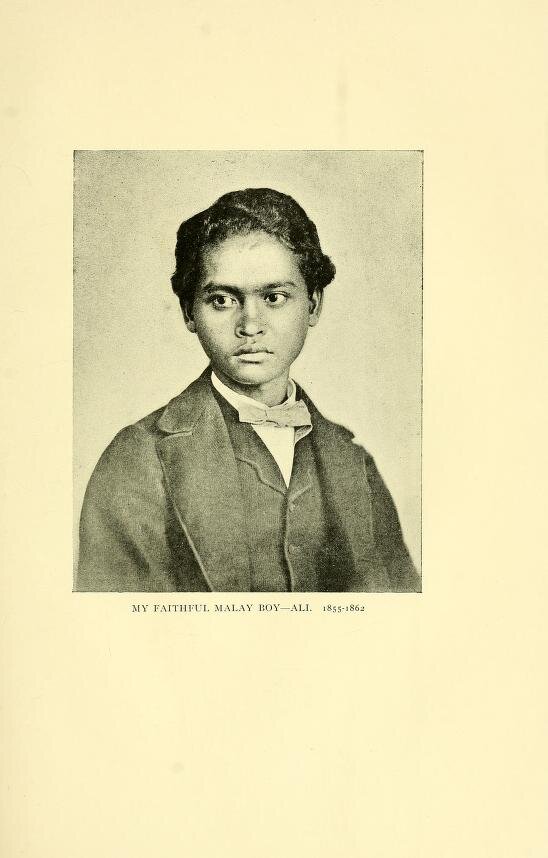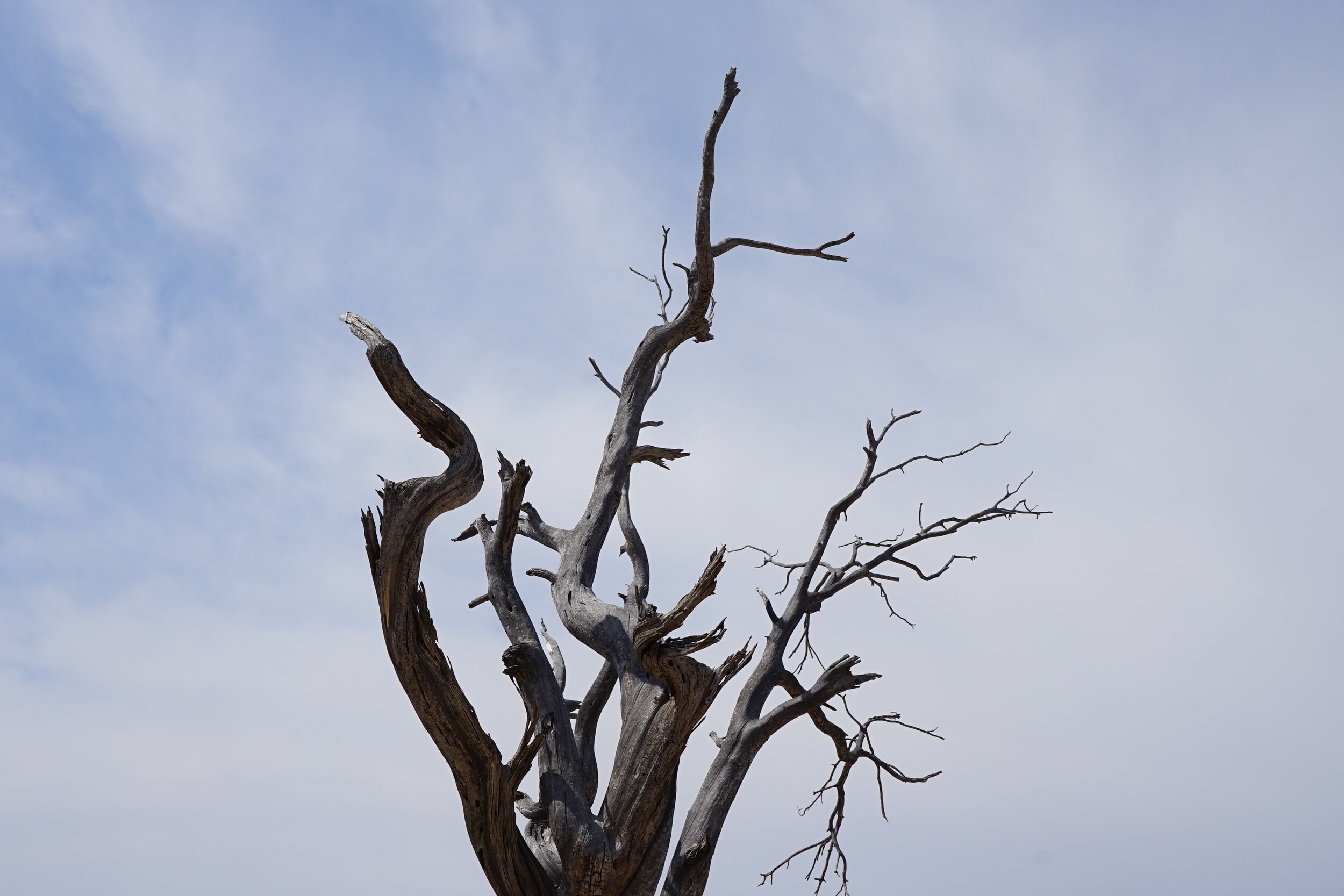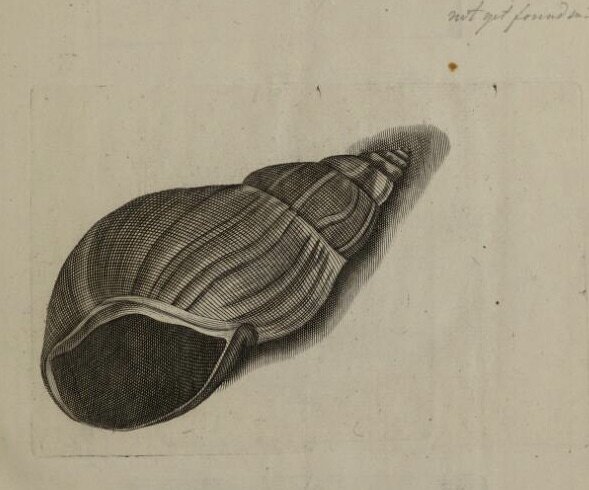
Frogs Want to Be Heard | The MIT Press Reader
“Since then, Dauby has spent countless hours recording the sounds of the frogs of Taiwan. Eventually, the results of his endeavors were published on a now sold-out CD containing 16 pristinely realized audio portraits. That said, the project is far from completed.”

Physicists' Early Dreams of Nuclear Powered Spacefligth | Physics Central
“Despite the soundness of the science, Project Orion was morally difficult for many to get behind. “The idea isn’t crazy; the idea that we might do it is crazy,” physicist and author Arthur C. Clarke said of Project Orion.”

‘I am 'Ali Wallace’, the Malay Assistant of Alfred Russel Wallace: an Excerpt | The Conversation
“He [Ali] accompanied me through all my travels, sometimes alone, but more frequently with several others, and was then very useful in teaching them their duties, as he soon became well acquainted with my wants and habits.”

When Science Breaks Bad | Arstechnica
Q. How would you go on an expedition to tropics in XVIII century?
A. “If you were an English naturalist in 1771 and you wanted to collect specimens from the tropics, you had to go on a slave ship; those were the only ships that went.

An Incomparable Intellectual Who Fell Through the Cracks of History | Nature
“She lived the longest on the publickest Scene, she made the greatest Figure in all the Revolutions of these Kingdoms for above fifty Years, of any Woman of our Age. She employed it all for doing good to others, in which she laid out her Time, her Interest, and her Estate.”

Future Calculations | Distillations | Science History Institute
Q. When did scientists learn about the role of carbon dioxide in climate?
A. A long time ago but for many years they have doubts or wouldn’t worry. The warmer the better, isn’t it ?
Q. Have you ever been in a place with 115 degrees Fahrenheit ( 46.1C)? Now tell me how it is better …

To His Wife | Poem | James Clerk Maxwell
All powers of mind, all force of will,
May lie in dust when we are dead,
But love is ours, and shall be still,
When earth and seas are fled.

Dear Aunt | Letter | James Clerk Maxwell
Q. Do scientists fall in love ?
A. Why shouldn’t they ? There are some exceptions but overall - everybody needs love …

Lucian’s Trips to the Moon | The Public Domain Review
Q. Why do we dream about the impossible?
A. Because nothing is impossible.
Q. How do you that “nothing is impossible” is true?

On Humming Birds | As reported in 1693
“Who can but admire to see the whole Body, and all the parts of a Bird folded up in an Egg, little bigger than a Pepper-Corn ? They feed by thrusting their Bill and Tongue into the blossoms of Trees, and so suck the sweet Juice of Honey from them ; and when he sucks he sits not, but bears up his Body with a hovering Motion of his Wings : But for the relation that he is a curious singing Bird, I think it untrue.”

Martin Lister and His Daughters | Scientific Illustrators
“They started at a young age, taught by their father, and spent almost a decade working on his project Historiae Conchyliorum, a study of molluscs with detailed illustrations of shells. They were Susanna and Anna(e) Lister and they lived more than three hundred years ago.”

Darwin’s Children Drew All Over the On The Origin of Species Manuscript | The Appendix
’It’s all a great reminder that even legendary scientists had family lives, and that when we think about history, it’s important to remember that famous figures weren’t working in isolation. They were surrounded by far less famous friends, family members, acquaintances, and enemies. And sometimes, when we get lucky, we see some of their artifacts from the past too.‘’

Wasaburo Ooishi and the Jet Stream | Cosmos Magazine
“The jet stream is arguably the greatest weather system on Earth,” says Tim Woollings, a climate scientist in the Oxford University Department of Physics. “If you were only given one piece of information from which to infer something about the weather, then across much of the Earth’s surface you’d want it to be about the jet stream.”

Revisiting the 'She Doctor' Panic of 1869 | Undark Magazine
“Preston remained unfazed. After another 13 years of persistence the hospital finally gave in again. Now, Ann and her students would test the waters a second time with a new crop of students. And the male students did their best to trouble that water.”

Helen M. Free and Alfred Free | Science History Institute
“Helen and Alfred went beyond testing for glucose and developed other strips for testing levels of key indicators of disease. Once they achieved success with a number of different test strips, they turned their attention to combining more than one test on a single strip.”

Annie M. Alexander: Paleontologist and Silent Benefactor | JSTOR Daily
“Alexander chose to operate largely in the background. Her donations to the museum were anonymous, she disliked having newly discovered species named after her, and she refused an honorary degree from the university. Instead, she would quietly support and manage the operations of both museums for nearly five decades.”

A Blight on Soviet Science | Damn Interesting
“When they were ready to cross the river, the men unslung their rifles and began shooting into the water, continuing for hundreds of rounds. The river was turbulent with the thrashing mass of crocodiles before turning a deep crimson, their bodies floating belly up. Pushing the crocodiles aside with the butts of their rifles, the men waded across the river towards the highlands to complete the aim of the expedition—to collect an assortment of seeds to bring back to their extensive seed repository in the Soviet Union.”

The End Of Time | Nautilus Magazine
“This April, as he sat in the kitchen of his 360-year-old house in Oxfordshire, England, Barbour, 84, was still discussing the concept of time with the excitement of a 26-year-old. In December, 2020, he published The Janus Point, his first book since The End of Time. It’s named after the two-headed Roman god who simultaneously looks forward and backward.”

Ernest Rutherford's Ambitions | Physics Today
“In the early 20th century, the most important physics laboratories in the world were concentrated in Europe; by comparison, North American institutions were scrappy upstarts at best and irrelevant backwaters at worst. Rutherford felt isolated and frustrated by his distance from the centers of the physics world.”

Visualizing History : The Polish System - The Public Domain Review
“The Polish System fixed this: no longer did a student have to create a picture of the world out of words — now global history could unfurl on a grid before their eager eyes.”